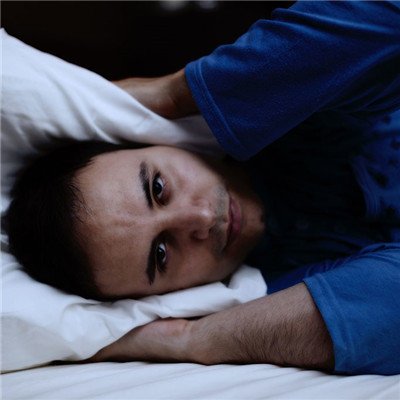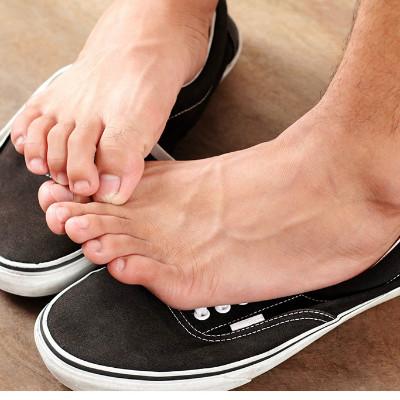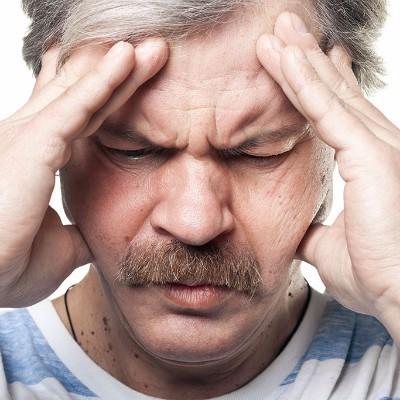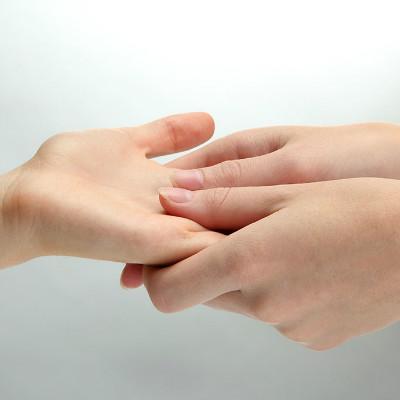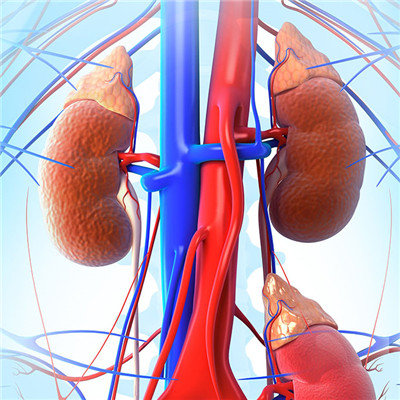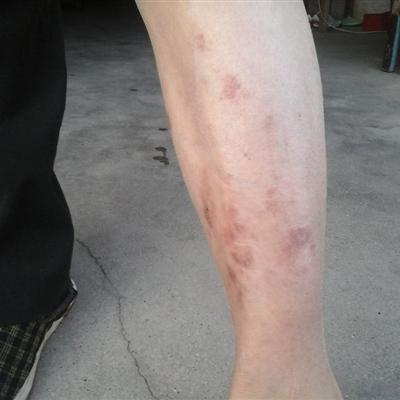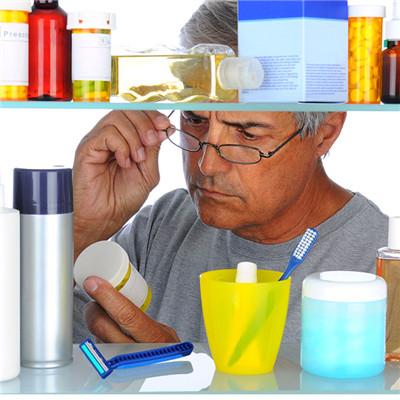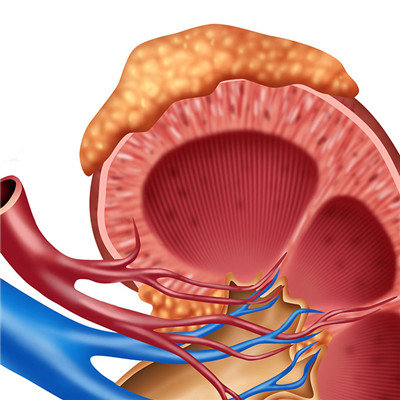What symptom does esophagitis pharyngitis have
summary
Pharyngitis refers to the inflammation of pharyngeal mucosa and submucosal tissue. Esophagitis refers to the disease of superficial or deep tissue of esophageal mucosa. Pharyngitis and esophagitis are two completely different diseases. In human organs, the throat and esophagus are connected. If there is inflammation, it is not easy to distinguish. Many patients can't tell whether they are suffering from pharyngitis or esophagitis. In fact, pharyngitis and esophagitis are very easy to distinguish. Let's make a brief introduction.
What symptom does esophagitis pharyngitis have
Pharyngitis and esophagitis are different in the location and cause of disease. Pharyngitis mainly occurs in pharyngeal mucosa and submucosal tissue. Esophagitis occurs in the superficial or deep tissue of esophageal mucosa. Pharyngitis is caused by viral and bacterial infections. Fatigue, cold, excessive smoking and drinking are the main causes of pharyngitis. Esophagitis is caused by external stimulation or injury of esophageal mucosa, edema and congestion of esophageal mucosa.
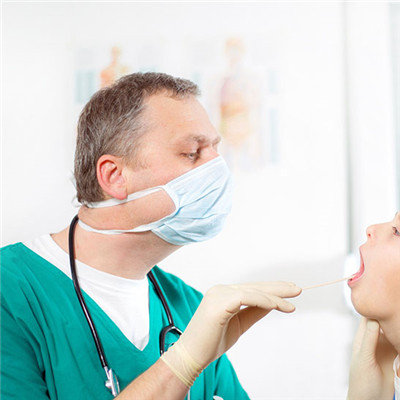
The clinical symptoms of pharyngitis and esophagitis are also different. Pharyngitis acute onset, at the beginning of pharyngeal dry, hot. The pain is more intense when swallowing saliva than when eating. Patients will have fever, headache, loss of appetite and limb soreness and other clinical symptoms, accompanied by hoarseness and cough. Esophagitis patients will have dysphagia, pain, heartburn and pain after sternum and other symptoms. Patients with severe esophagitis will have esophageal stenosis or even esophageal spasm. Esophagitis bleeding is generally mild, but may also cause hematemesis.

Pharyngitis and esophagitis treatment is not the same. The treatment of pharyngitis only needs general treatment plus drug treatment. Patients need to pay attention to rest, drink more water and eat light and digestible food. If the condition is serious, antibiotics can be used for treatment. Compared with pharyngitis, esophagitis is more serious. Patients can take medication to control. If the condition is serious, surgical treatment should be performed.
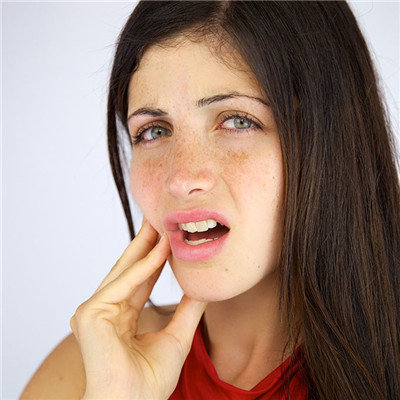
matters needing attention
Eat regularly and avoid overeating. Patients should chew and swallow slowly when eating. They should avoid drinking strong tea, liquor, strong coffee and eating spicy, too cold, overheated and coarse food, such as strong tea, coffee, cocoa, chocolate, pepper, etc.


